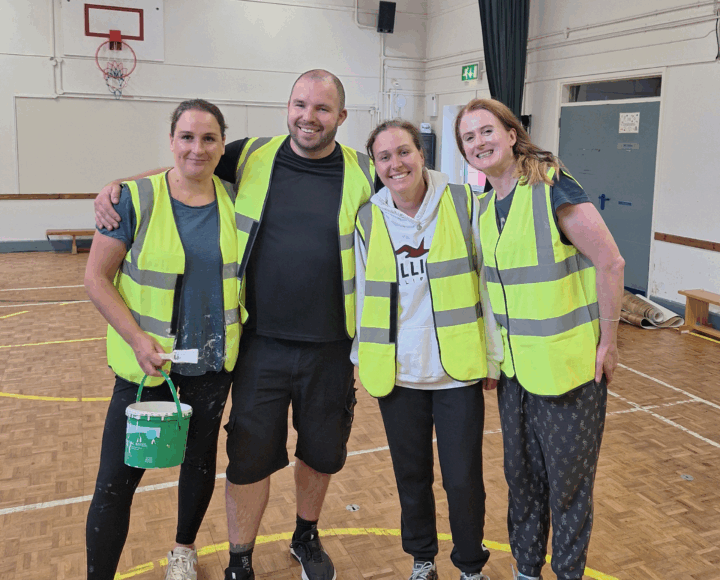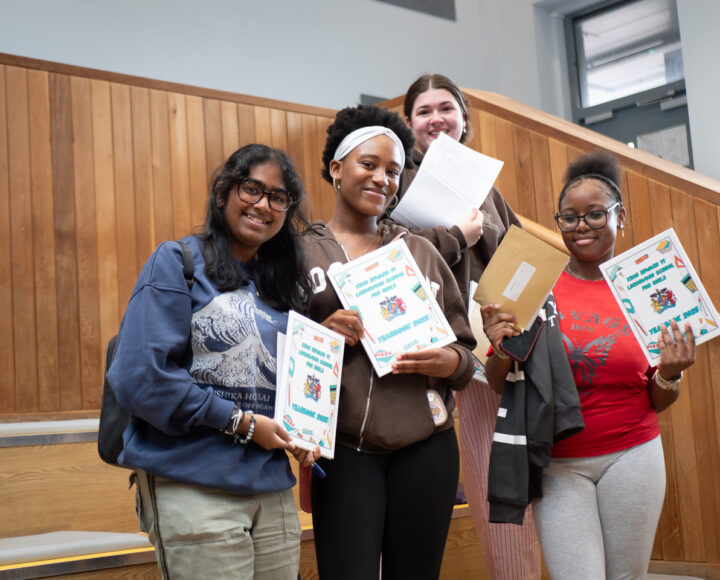Since 2021, Birmingham Educational Psychology Service, supported by the University of Warwick’s Department of Mental Health and Wellbeing have been encouraging schools across the city to complete the Birmingham Wellbeing Census so they can evaluate the wellbeing of young people. All schools in our Foundation complete this survey through the spring and summer months.
The survey collects wellbeing data via the Warwick-Edinburgh Wellbeing Scale and aims to better understand the on-going emotional wellbeing of children and young people in schools in Birmingham. The Census data is a baseline for which our schools can assess our values, ethos and culture and measure future proactive and reactive interventions. It also helps inform future policies and allows schools to home in on groups who may have lower levels of wellbeing or sense of belonging and implement support to reduce the risk of poor mental health.
One of the 2024 key findings showed that, in Birmingham, girl’s wellbeing declines in primary before declining more markedly than boys in secondary. A significant and strong relationship is found between wellbeing and school connectedness. The causal nature of this relationship is unclear, yet evidence over multiple surveys supports school connectedness as highly related to wellbeing (Waters & Cross, 2010) and suggests improving school connectedness in schools will improve wellbeing.
Last year, additional ‘protective factors’ were cross referenced with levels of wellbeing to see what protects wellbeing during adolescence. This included family, peers, relationships with teachers, self-kindness as well as the impact of diet and sleep.
Your schools have received their 2025 Census details and exam year groups will be starting to complete the Census before the Easter break. The onus is on staff in schools to explain the Census to students and encourage honesty (as it is anonymous) but also to ensure all questions are answered and submitted. The more information we receive from all our students, the better placed the Senior Mental Health Leads (SMHLs) across our Foundation of schools are to create and facilitate long-term proactive strategies for positive mental health and wellbeing. If you would like further information on the outcome of last year’s Census or to learn more about the questions in the 2025 Census to better explain the Census to your students, please speak to your SMHL.
Schools involved in the Census have access to a mental health training website for teachers called Breathe Education creating a shared space to engage more efficiently and creatively in the area of youth mental health. Please feel free to access this space.
Jane Glendenning
Foundation Leader in Education – Safeguarding and Wellbeing









